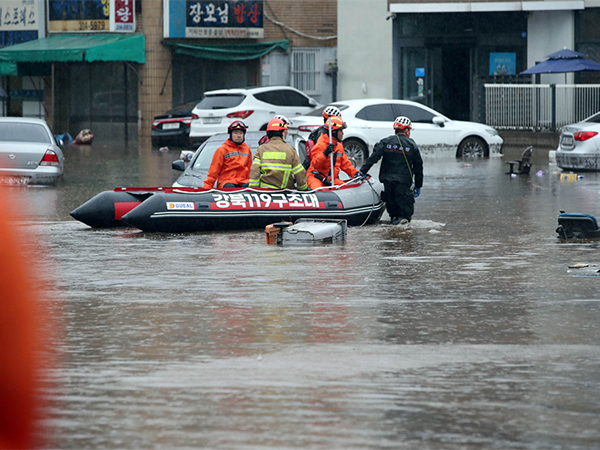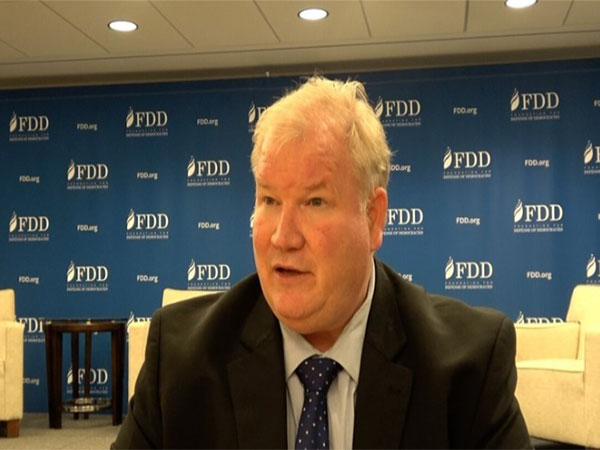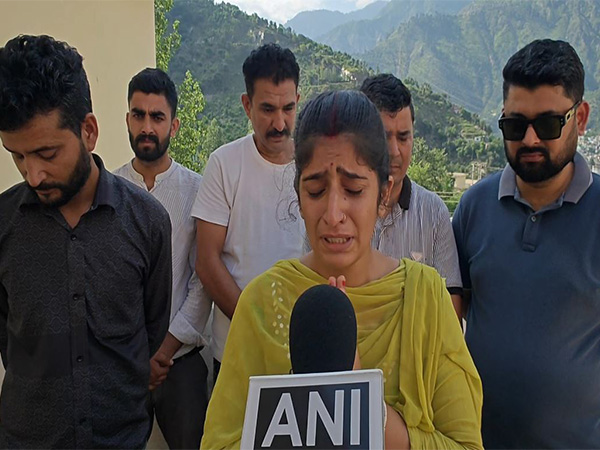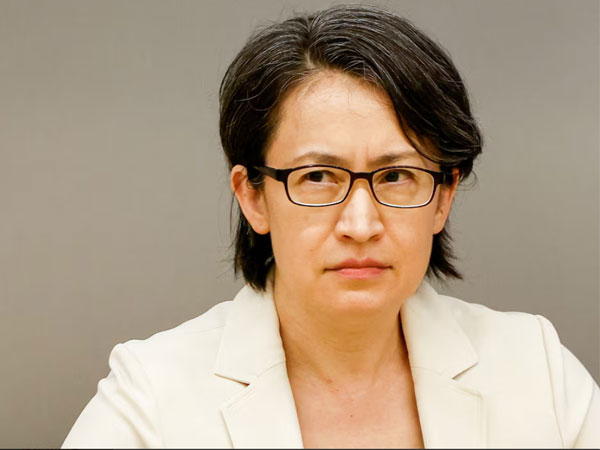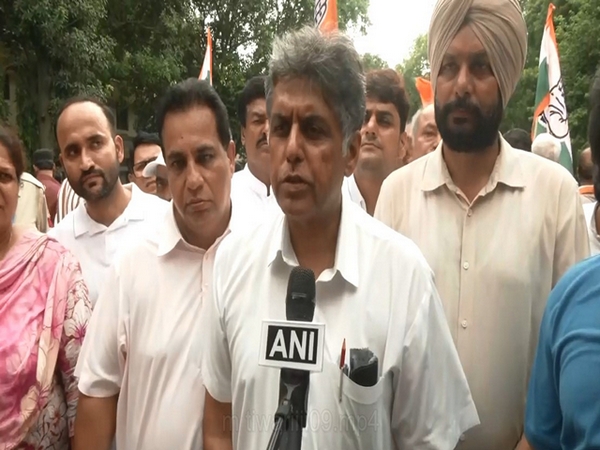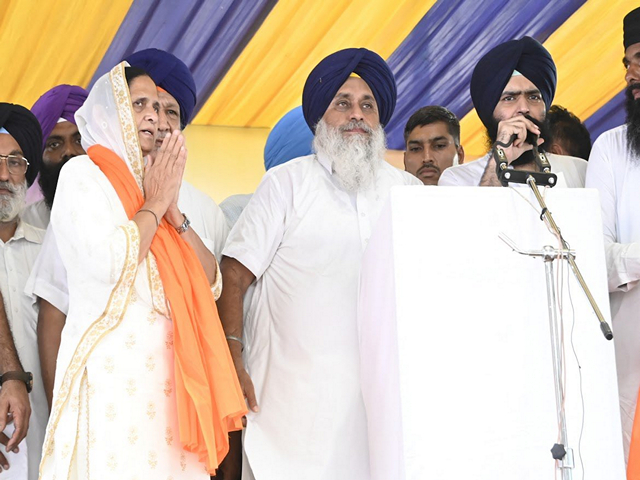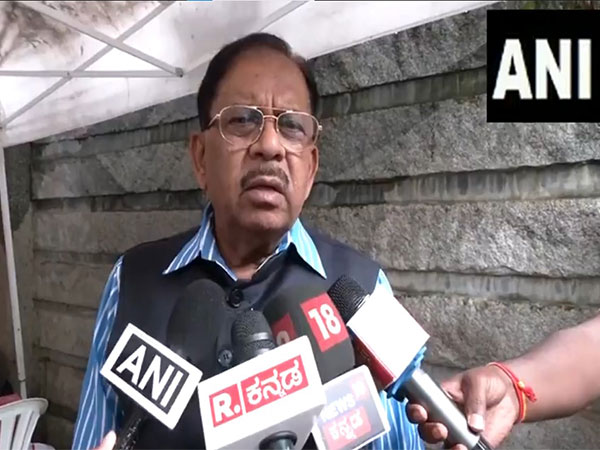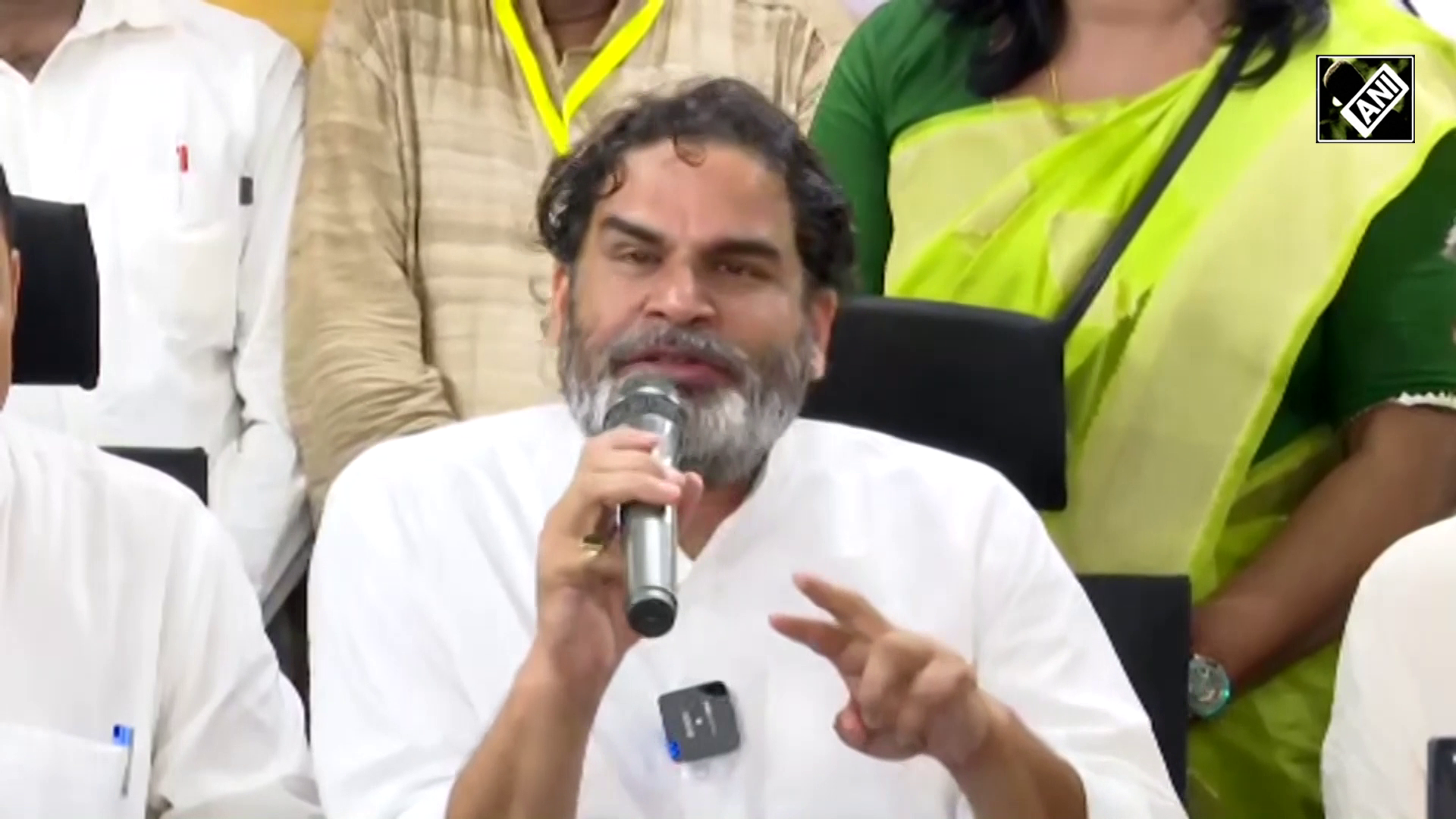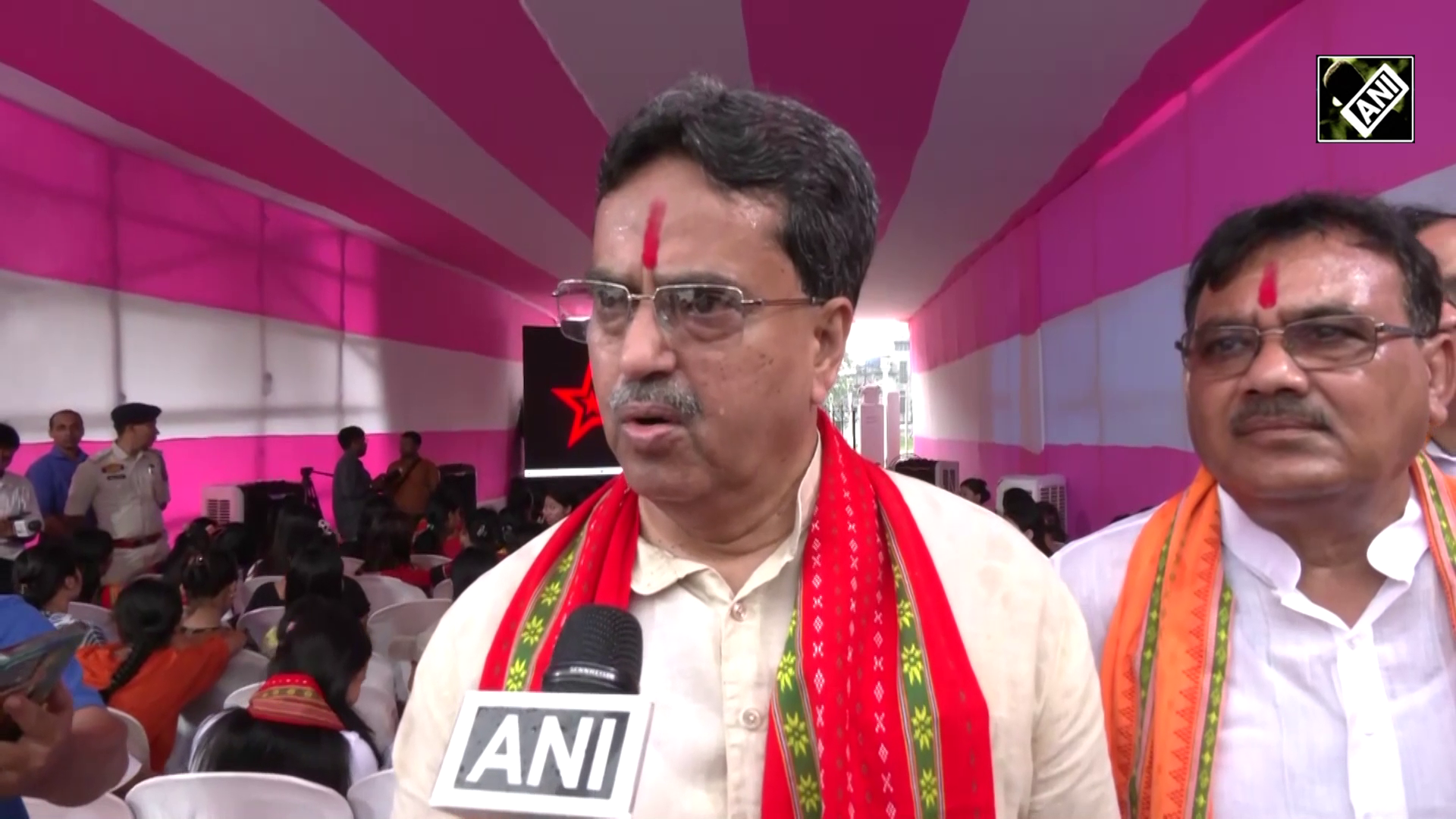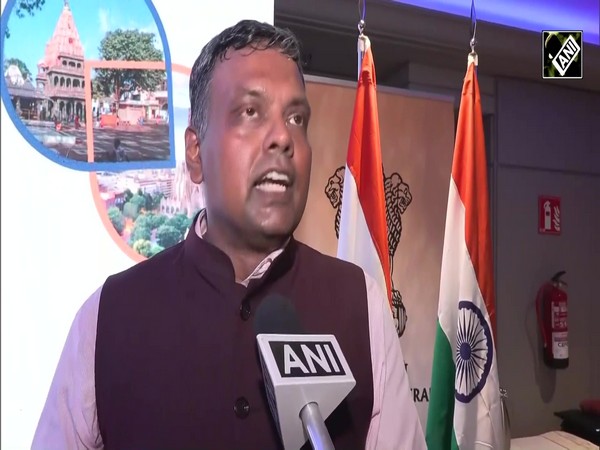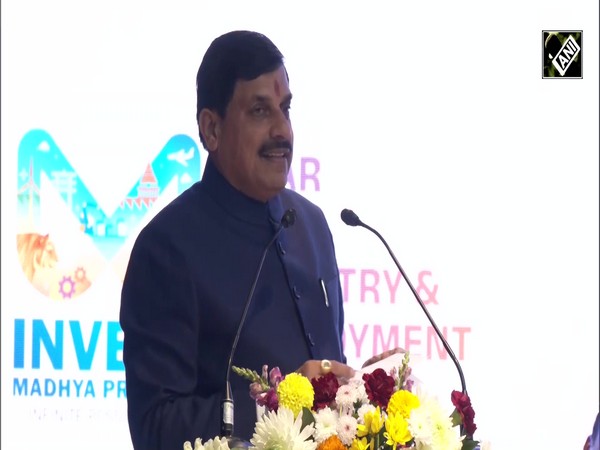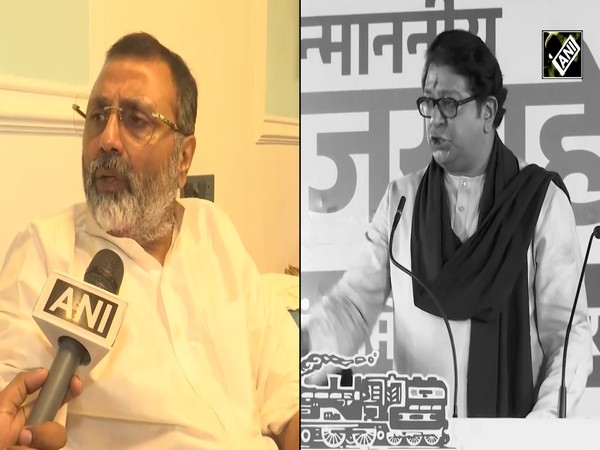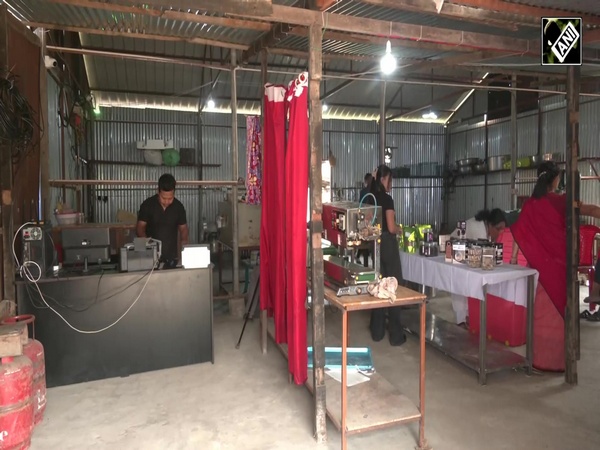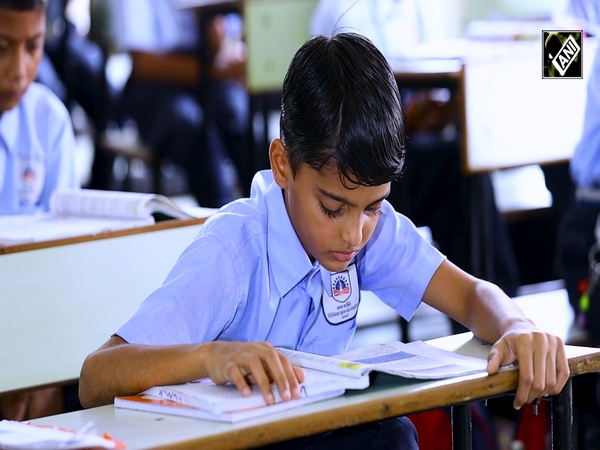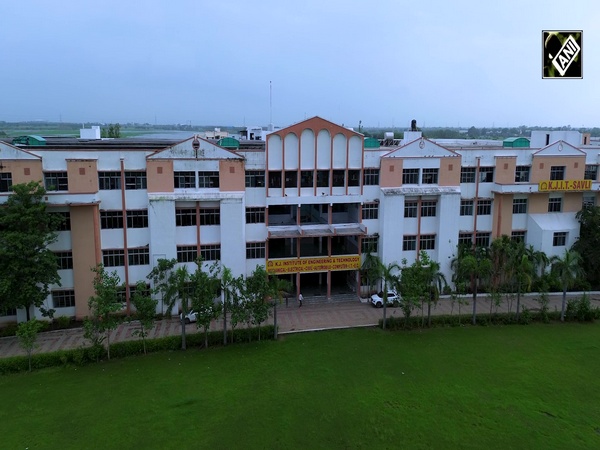Sri Lanka: Opposition to bring no-confidence motion against Mahinda Rajapaksa government
May 01, 2022

Colombo [Sri Lanka], May 1 : Amid the ongoing economic crisis and the large scale public anger against the ruling government, Sri Lanka's leader of Opposition and Samagi Jana Balawegaya (SJB) leader Sajith Premadasa on Saturday said that the no-confidence motion will be brought against Prime Minister Mahinda Rajapaksa during the next session of the country's parliament.
Premadasa made the announcement while speaking at the commencement of the fifth day of the 'Samagi Bala March' organized by the SJB against the government in Yakkala today, Colombo Page reported.
Premadasa had signed the impeachment motion against President Gotabaya Rajapaksa and the no-confidence motion against the government on April 11.
Saying that he does not care about the talk of those who have no idea about the things to do, Premadasa said that he would never betray the aspirations of the suffering people on the ground, the report said.
He went on to say that the manner in which the no-confidence motion will be conducted will identify "true patriots". He added that the Rajapaksa government, which had taken the country to the brink of collapse within two years, should be sent home immediately.
Earlier, on April 9, Sri Lanka's SJB announced that it will move an impeachment motion against President Gotabaya Rajapaksha if it fails to provide immediate relief to the people of the island nation adversely impacting the economic crisis.
The six-day day 'Samagi Bala March' commenced from Kandy in Sri Lanka on April 26 and is set to culminate on Mayday (Sunday).
Opposition Leader Sajith Premadasa and hundreds of thousands of people representing the Samagi Jana Balawegaya are participating in the march, Colombo Page said.
Sri Lanka is facing its worst economic crisis since independence with food and fuel shortages, soaring prices and power cuts affecting a large number of the people, resulting in massive protests over the government's handling of the situation.
The recession is attributed to foreign exchange shortages caused by a fall in tourism during the COVID-19 pandemic, as well as reckless economic policies, like the government's move last year to ban chemical fertilizers in a bid to make Sri Lanka's agriculture "100 per cent organic".
Due to an acute shortage of Foreign exchange, Sri Lanka recently defaulted on the entirety of its foreign debt amounting to about USD 51 billion.
The economic situation has led to huge protests with demands for the resignation of Prime Minister Mahinda Rajapaksa and President Gotabaya Rajapaksa.
